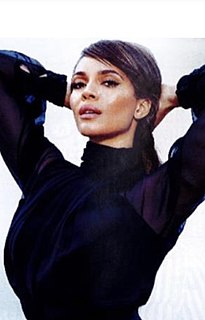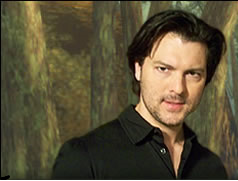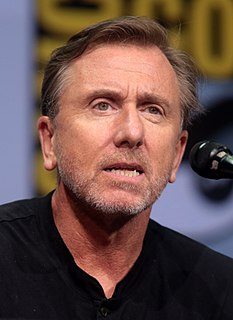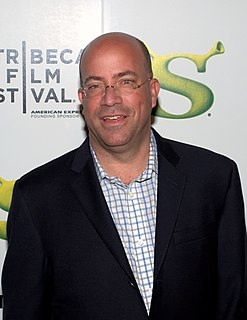A Quote by Carmen Ejogo
At the end of the day, I really go with my personal taste and with what's on the page in terms of character. But beyond that, there's a complexity about the scripts I tend to respond to. I've not lost my curiosity about how the world functions. And a script that can embody that and thematically explore bigger questions in a way which seems fresh is likely to get my attention. Frankly, I also have an eye for what will appeal to an audience, as opposed to a self-indulgent exercise that isn't taking the audience into account.
Quote Topics
About
Account
Also
Appeal
Attention
Audience
Beyond
Bigger
Character
Complexity
Curiosity
Day
Embody
End
End Of The Day
Exercise
Explore
Eye
Frankly
Fresh
Functions
Get
Go
How
Likely
Lost
Opposed
Page
Personal
Personal Taste
Questions
Really
Respond
Script
Scripts
Seems
Self
Taking
Taste
Tend
Terms
The End Of The Day
Way
Which
Will
World
Related Quotes
When I'm in the studio, I write the music, I play the different instruments, I produce it, I arrange it, and it's a self-indulgent exercise. It's the way I make my music. And when I'm acting, I get to leave myself behind, which is a relief. I get to collaborate with a director; I respect the director's medium and all the actors and actresses. So at the end of the day, it's about a character and it's about a director's vision. It's a really good balance for being so intense and alone in my personal process of making music.
When something arrives, you have no idea what's in it, which is good. And then, it's is the story leaps off the page at you and how your character functions within it. There could be just one scene and if it's wonderful, it doesn't matter how much you're working on it because you just want to be in it. It's really about what your character's day to day world looks like, and if you feel like that's something that's complete, and that you'd like to inhabit for awhile. You'll know by a couple of scenes in. If the character grabs you, you run with it.
What I love most about playing in front of people has something to do with a certain kind of energy exchange. The attention and appreciation of my audience feeds back into my playing. It really seems as if there is a true and equal give and take between performer and listener, making me aware of how much I depend on my audience. And since the audience is different every night, the music being played will differ too. Every space I performed in has its own magic and spirit.
I think you have to ask yourself, what is the point of the script? What is the script selling? Because all scripts are political, every story is political. It either challenges or reinforces some schism or stereotype. So what is the project going to say at the end of the day? What does it tell you about the world, or what does it challenge in terms of your world?
I get an opportunity to communicate with the audience about the movie that I've made. I get the chance to bring attention to the film that I've made. I care a lot about the movies that I make. I want them to reach an audience, and I want them to be successful. I promote nearly everything that I do, unless I've got some bad taste in my mouth.
You're in a movie, so you have to think about how something plays. It's not like you're thinking about how an audience is going to react. You're trying to present the story. You're trying to illuminate the lives of these people in the story. So I'm thinking about how my behavior as this character best illuminates what's going on with them in this moment in time. I always say it's sort of the director's job. People think that the directors direct actors. No. Really, what the director's doing is directing the audience's eye through the film.
I think all writing is about writing. All writing is a way of going out and exploring the world, of examining the way we live, and therefore any words you put down on the page about life will, at some level, also be words about words. It's still amazing, though, how many poems can be read as being analogous to the act of writing a poem. "Go to hell, go into detail, go for the throat" is certainly about writing, but it's also hopefully about a way of living.
I just like to explore honest thoughts or feelings. How I'm feeling at the time. I want to explore it and talk about it and have a conversation with the audience. I want to throw something out there, see how they feel about it, and tell them how I feel about it. I know that's really relaxed, but that's the most fun.



































